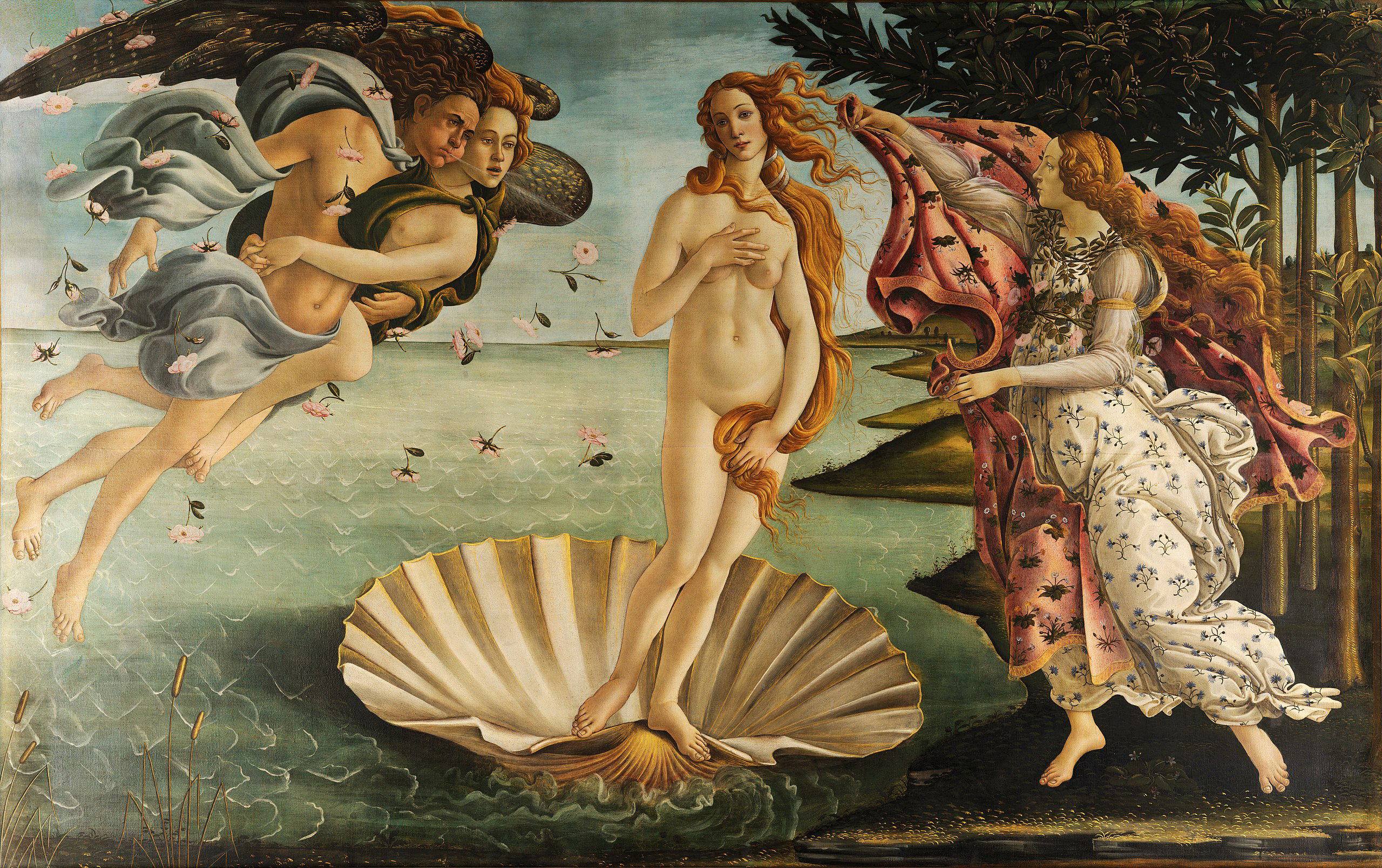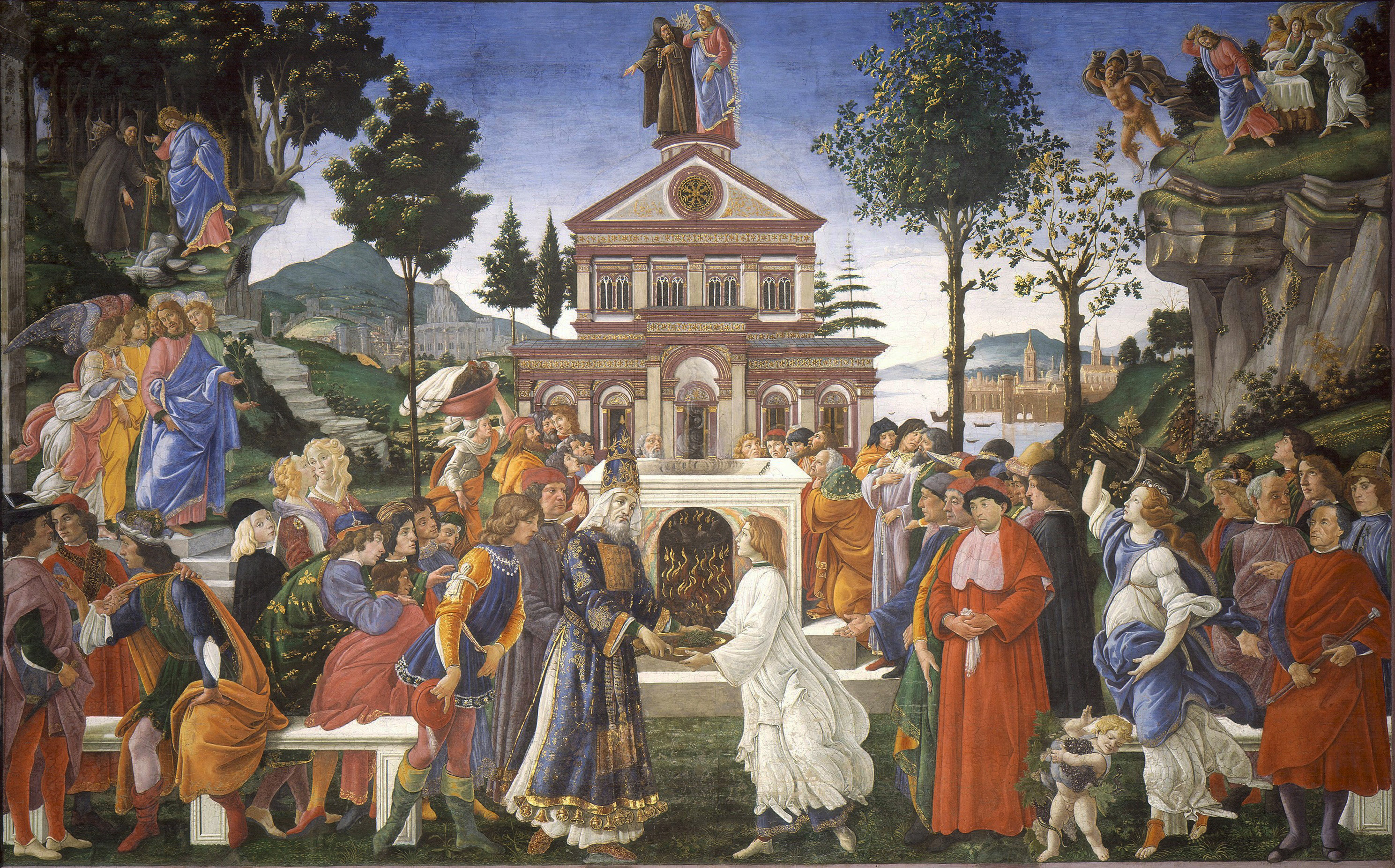“Temptations of Christ” is considered the Renaissance master’s “trial” work to prove himself to Pope Sixtus IV.
Lenten Campaign 2025
This content is free of charge, as are all our articles.
Support us with a donation that is tax-deductible and enable us to continue to reach millions of readers.
Think of the Sistine Chapel and stunning frescoes by Michelangelo come to mind. Yet the most renowned room in the world is also home to impressive frescoes by Early Renaissance master Sandro Botticelli.
In 1480, Botticelli was called to Rome from Florence, where he had famously painted the Birth of Venus, as part of an artist exchange between Florence’s rulers, the Medici family, and Pope Sixtus IV. Together with other Florentine painters, he started working on a series of frescoes about the parallels between the life of Christ and that of Moses.

Considered Botticelli’s “trial” fresco for the Sistine Chapel, the one he worked on to prove himself to Pope Sixtus IV, the fresco shown here, completed in 1482, displays three temptations of Jesus by Satan in the top register, or upper portion of the work.
On the far left, the devil, dressed like a monk, is challenging Jesus to prove his identity by turning stones into bread. In the middle, the devil, dressed as a monk, tempts Jesus to throw himself off a precipice. The last temptation, on the far right, shows the devil offering all the kingdoms of the world to Jesus.

In the lower part of the fresco, Botticcelli features a symbolic encounter between the Old Law and the New, with a young man healed of leprosy by Jesus showing himself to the High Priest in front of the Temple as the elements of a purification sacrifice are presented. The priest may represent Moses and the young man Jesus, who sacrificed himself for our salvation.
The overall message of the fresco is the triumph of Christ over the temptations of the devil. A frieze holds the inscription TEMPTATIO IESU CHRISTI LATORIS EVANGELICAE LEGIS (“The Temptations of Christ, Bringer of the Evangelic Law”). A companion fresco depicts three trials overcome by Moses, as part of the artistic tradition of paralleling Moses and Jesus.
The Sistine Chapel has reopened to the public, every day except Sunday between 9 a.m. and 4 p.m. You can also see a virtual tour of the Chapel here.
Make sure to visit the slideshow below to discover 20 things you didn’t know about the Sistine Chapel. Did you know it has the same dimensions of the Temple of Solomon, as described in 1 Kings 7:23-26 and 2 Chronicles 4:2-5?









